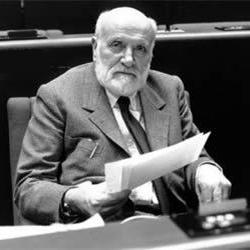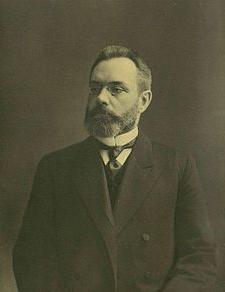The Electoral Law of the Russian Federation
The Russian Federation's electoral law is interpreted in an objective andsubjective sense. In the first case, the system of legal norms ensuring the regulation of public relations is examined. These relations are related to the procedure for the election of bodies of territorial and state administration. Subjective same electoral law of the Russian Federation is a guaranteed opportunity to elect and be elected. In the first case, they speak of an active, and in the second case, of a passive opportunity.
The concept of suffrage, as well as in the whole electoral system, is of a collective nature. In Russia, five subsystems are singled out, according to which the procedure for elections is established:
- The President;
- deputies of the State Duma;
- deputies of legislative offices in the subjects of the Russian Federation;
- heads of administrations of subjects;
- bodies of territorial self-government.
The suffrage of the Russian Federation has its owndistinctive features. The most important of them is that the process of selecting deputies to the State Duma and the President is established exclusively by federal laws and the Constitution of the country. At the same time, the subjects of the federation are not involved in regulating the procedure for carrying out this procedure.
It should be noted that the Constitution of Russiathere is no special section regulating the Russian Federation's electoral law. In a fairly general form, its norms are fixed in Article 32. Some provisions are also reflected in Article 81, which determines the procedure for presidential elections. At the same time, it should be noted that the absence of a separate chapter does not mean that the text of the Constitution does not reflect the electoral law. So, all of its principles, or determining the starting positions, are fixed in sections that are devoted to the basics of the state, constitutional structure, freedoms and rights of the citizen and the person, to the structures of state power bodies.
Under the principles understand the mandatory conditions andrequirements without which the legitimacy of elections is not recognized. The foundations, which are a reflection of democracy and express democracy in the country, are fixed at the constitutional level. In the Constitution it is determined that the suffrage is direct under a secret voting procedure, universal, equal. The Federal Law also establishes the principle of voluntariness.
The universal suffrage is theprovides for the participation in elections of all adults regardless of nationality, race, sex, official or property status, attitude to religion, origin, language, place of residence, membership of any association. In Russia, an active opportunity to vote is granted to persons who have reached the age of eighteen. It should be noted that giving citizens the right to participate in elections is not the same as compulsion to participate in them. In some cases, mass non-participation of citizens in elections can be noted. A certain percentage of voting participants is established in Russian legislation. If fewer citizens are present in elections, then elections are considered void.
In Russia, active voting rights may beTo take advantage also the foreign citizens living in a municipal formation where elections are held, constantly. However, these citizens can not be elected (they do not have a passive opportunity to participate in elections).
Sources of suffrage are, in the first placefederal laws, generally recognized norms and principles of international law, the Constitution of the Russian Federation, normative acts of state subjects, election commissions, local self-government.
The state guarantees the secrecy of the will of citizens. To do this, polling booths are specially equipped at polling stations, in which citizens fill out ballots.
</ p>







